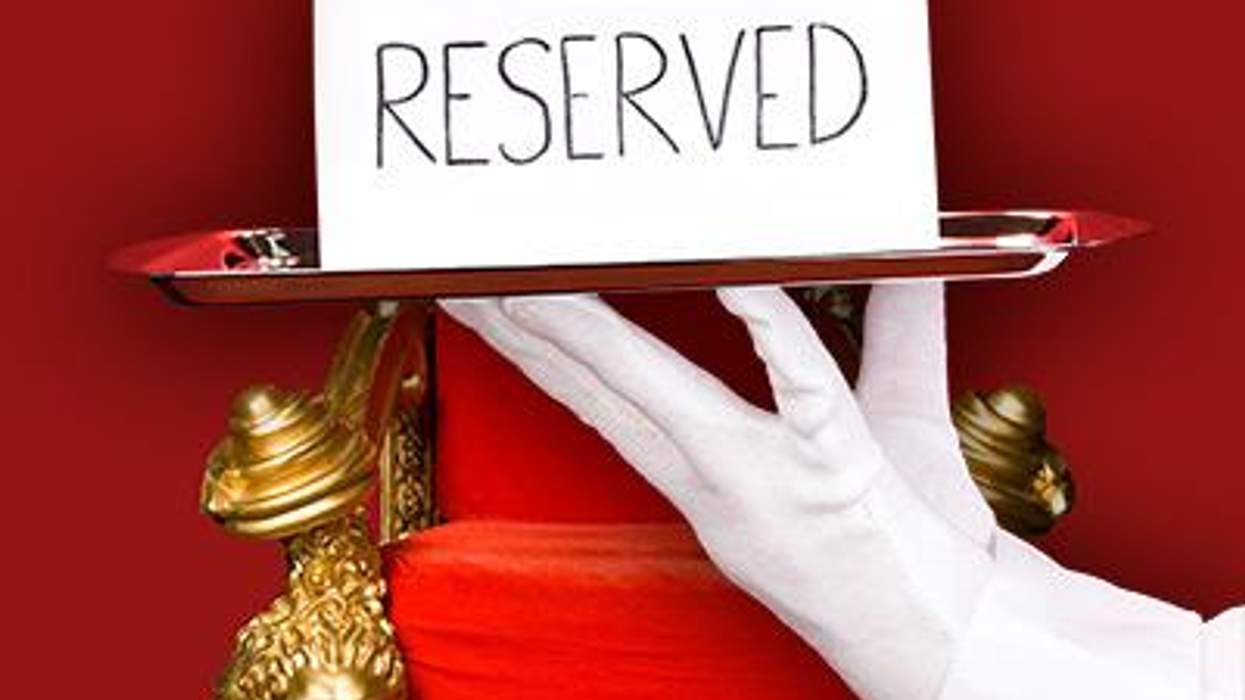Back in October, I tabled a Trans Health Initiative conference here in Buffalo. It was a great day and we actually appeared to have more cisgender (nontrans) folks there than trans for a change. This was fantastic because first-hand, in-person exposure to a trans person is the very best way to create understanding and a desire to be supportive. Usually, anyway. But we'll get to that in a moment.
The keynote speaker was CeCe McDonald, and I was pretty excited we got her to come to Western New York and spread an inspirational message. For the most part, her talk was very good, and I was glad I was there to see it. Her message was one of struggle, overcoming overwhelming adversity, and her personal courage. From my vantage point, I could see that she was resonating with the audience and was overjoyed that she was reaching the cis folks as well.
Then she went into discussing privilege -- and one by one, I could see her losing them. From there, she transitioned into talking about white trans privilege, and she started to even lose some of the trans folk. Nothing she said was the least bit untrue, but nevertheless, the message was building up the very walls she so effectively knocked down moments before.
We speak of white privilege, male privilege, socio-economic privilege, cis privilege, and so on. These are all true things that really exist; there is no denying it. Privilege exists and it has the power to profoundly impact, through opportunity or repression, what a person might achieve in this life. I can see very clearly what a huge advantage I had living as a white male, and how far I have fallen as a white transgender woman. I can also see that where I am now is a far, far more advantageous position than if I was a black transgender woman who came from impoverished circumstances. There is no comparison.
Here's the thing, though. People -- particularly Americans -- absolutely despise the notion that they have been granted huge competitive advantages simply through the accident of birth.
American culture is funny that way. We admire and celebrate achievement, fame, and fortune. We hate the idea of getting these things, however, through any means other than overcoming great obstacles. We believe in the underdog, and nearly all of us secretly believes that we fall into that category. We are a nation who worships rugged individual achievement, and abhors the concept of aristocratic entitlement by birth. One of our favorite pastimes is comparing how hard we had it growing up, and the guy who brags about his posh school or family's wealth is generally labeled a complete schmuck.
We all know this is true. Accusations of advantage are overwhelmingly met with defensiveness. Understanding this about our culture, does it really seem like a smart strategy to start shaming the very people we want to support us?
I will reiterate again: privilege does exist. It is pervasive, and it has a huge impact. We can agree on this amongst ourselves and know that it is true. Some of us can also agree that not all trans people begin the race at the same starting point, and that many of our sisters and brothers have many more hurdles to clear before even approaching the much cushier spot in line we drew. If you can and want to use that knowledge to make a difference, great. If you can't, and the idea makes you pissy and contentious, just try not to think about it. When it comes to the cisgender population, it's far better that we stop continuously pointing this out.
I can feel many of you bristling from here. It's OK. What I'm proposing sounds akin to staying silent in the face of racism, sexism, or any other "ism" out there. I can also hear someone loading up the "... and there was no one left to say anything when they came for me" quote. We need to recognize, however, that this isn't about them, it's about us. Calling out privilege will not take it away nor bestow it on the trans community, but it will create divisions. It's not about being right, but being heard, recognized, and embraced as equals.
Emphasizing differences in a "j'accuse!" kind of way puts up walls and dulls the edge of empathy. It's also good to remember that for all the privilege we assume someone enjoys, they may be facing their own struggles that we have no conception of.
Our true inroad to the hearts of the cis folks is our humanity. It is by living our lives, working, and struggling against inequity that we will gain sympathy, solidarity, and general acceptance. Simply harping on how we are owed on the basis of cis advantage and cis privilege brings none of those things.
Those capable of the self-awareness it requires to own their advantages and have clarity about the inequity can understand this without our pointing it out. Those who are not can easily move from positions of support, or even ambivalence, to opposition -- and that is not good for anyone. We get farther and faster fighting the good fight and inspiring the cheers of those who support us than railing against them for their comfortable seats outside the ring.
MICHELLE WOLF is a near-40 post-transition trans woman from Buffalo, N.Y., where she lives with her spouse and son. She's working at her corporate management job while working on a Masters degree in Marriage and Family Therapy and co-chairing the Spectrum Transgender Group of Western New York. She's completed her first novel and is curently shopping for an agent. This op-ed originally appeared on Michelle Wolf's blog.




































































Charlie Kirk DID say stoning gay people was the 'perfect law' — and these other heinous quotes